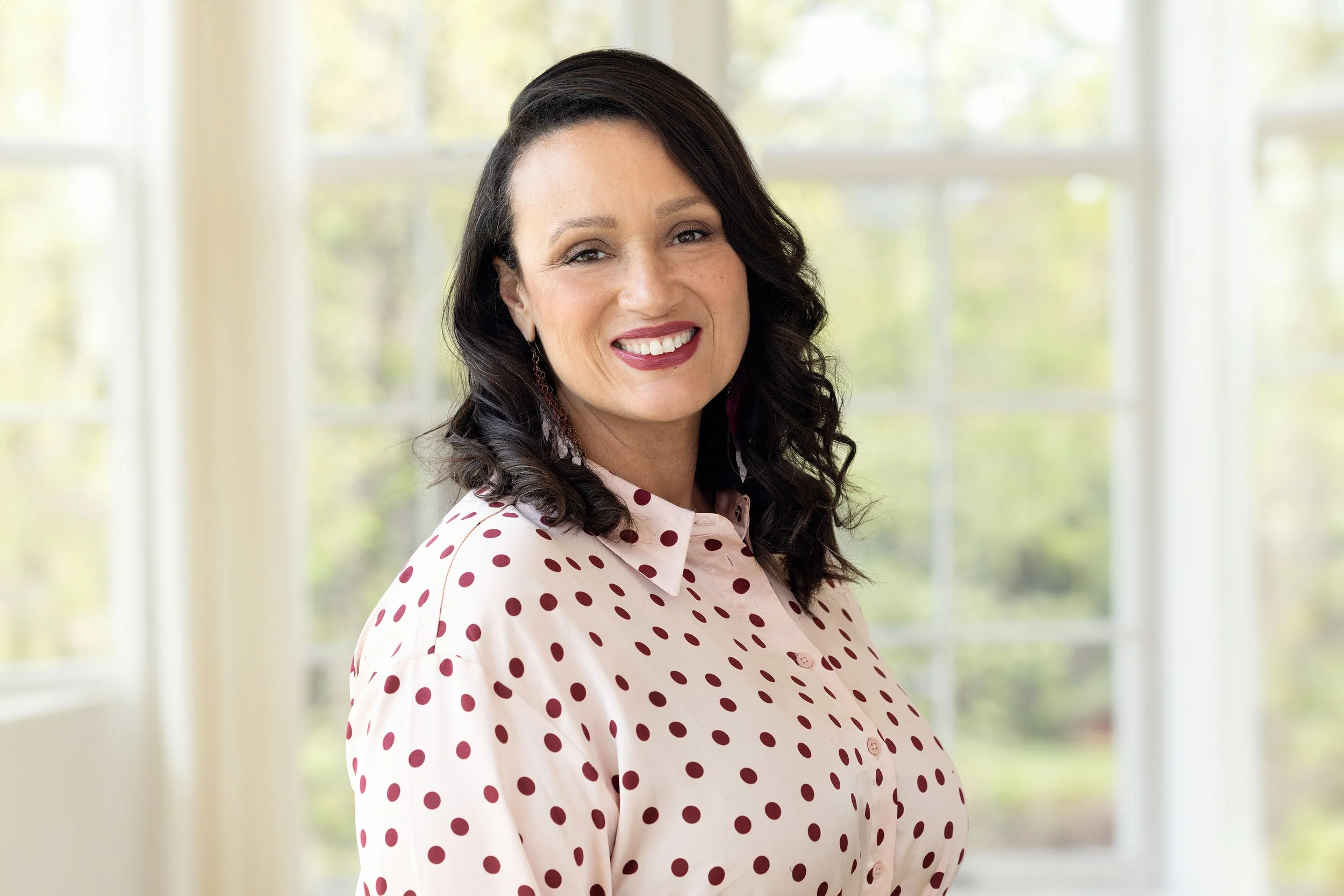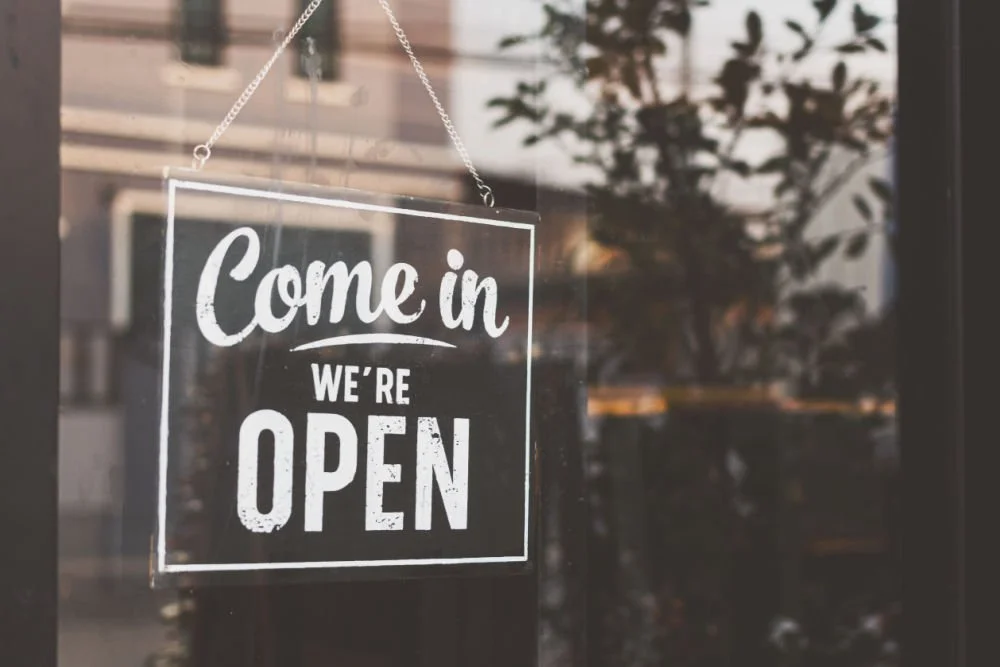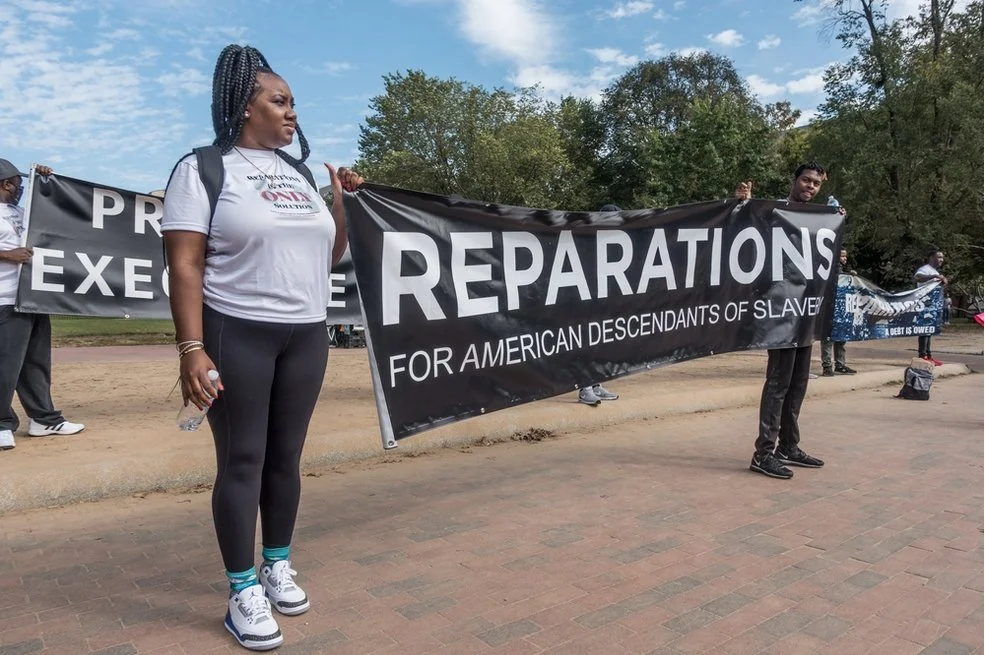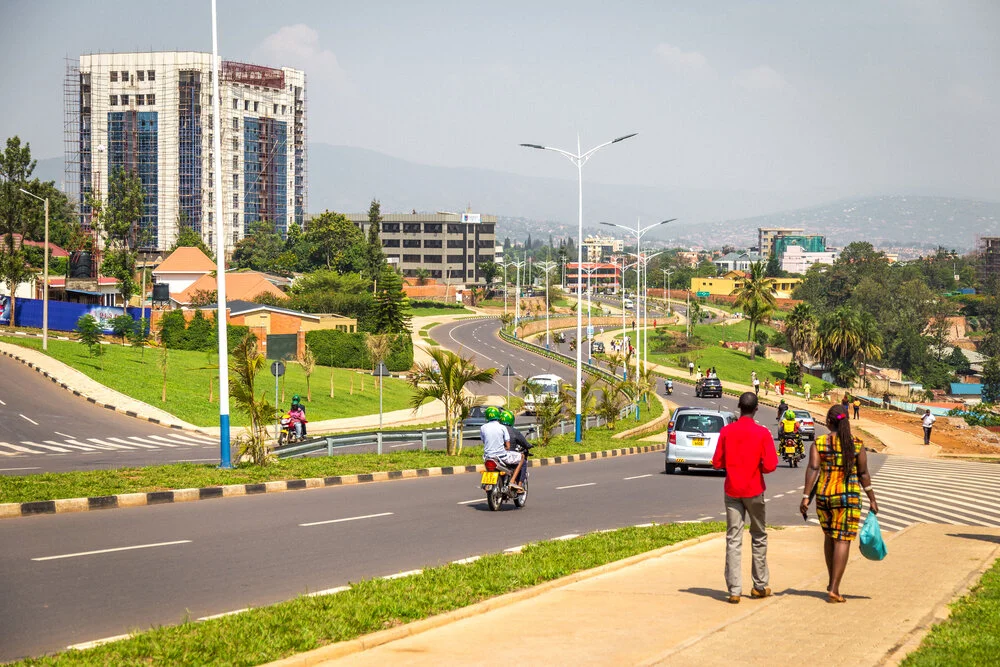Chasing Financial Health: A Top Bank's Latest Investment in Underserved Communities
/Josep Suria/shutterstock
Many people found the Federal Reserve’s 2018 study on the financial well-being of U.S. households surprising. It concluded that a full 40 percent of adults were unable to cover an unexpected expense of $400 dollars without borrowing or selling something, and that people from all income levels are only a transaction away from a potentially devastating financial crisis.
The lack of savings in underserved communities leaves vulnerable populations particularly ill equipped to weather unexpected emergencies and achieve lasting financial security.
Enter JPMorgan Chase, which this week announced a $125 million philanthropic investment to drive economic opportunity and inclusion. The effort expects to employ fintech solutions, financial coaching and just-in-time resources to help people in underserved communities increase savings, build credit and reduce debt. Low-income women, immigrants, people of color and the aging are all included in its outreach cohort.
The commitment is part of a recently reported boost in JPMC’s philanthropic investments, which increased to $350 million this year, for a total of $1.75 billion over five years.
The banks’ work to advance financial health is nothing new. Witness its collaborations with organizations like the Financial Health Network, Neighborhood Trust Financial Partners and National League of Cities.
Two new investments give a good sense of how it intends to deploy additional resources to increase savings and reduce debt.
First is a $1 million commitment to EARN, which works “at the intersection of economic inclusion and financial technology to empower low-income Americans to take charge of their financial lives.” The support will grow the organization’s SaverLife program, which started in San Francisco in 2017 as part of a Bay Area movement to increase financial stability and increase savings. SaverLife boosts its microsavings incentive model with weekly tips that are delivered to users online. The organization partners with more than 100 organizations across the country to help build sustainable saving habits.
Second is a half million dollar commitment to Catalyst Miami to help low-income households build savings, especially in the face of unexpected, climate-related events like hurricanes. The investment is one of three made in South Florida to support financial resilience for women and families.
Geographically, Chase has also made commitments in Boston, San Diego, Los Angeles, Salt Lake City and Oakland. In addition to savings and debt, JPMC is investing in programs that help build credit and allow people to meet mid- and long-term financial goals like buying a house.
JPMC’s strategy has been to test at the early stages of commitment, then achieve scale where they have the most impact. In the course of the next five years, it will be rolling out further philanthropic investments based on research and lessons learned during the initial phases of its work.
José Quiñonez, CEO of Mission Asset Fund, the recipient of a $1 million investment centered on immigrants and small business owners, has this to say about the bank’s efforts: “Financial health is foundational to every dream realized. JPMorgan Chase’s leadership and investments to help new Americans improve their financial lives ensure that everyone has the opportunity to fulfill their economic potential, live their dreams, and contribute their part in making America better.”
Related:







































